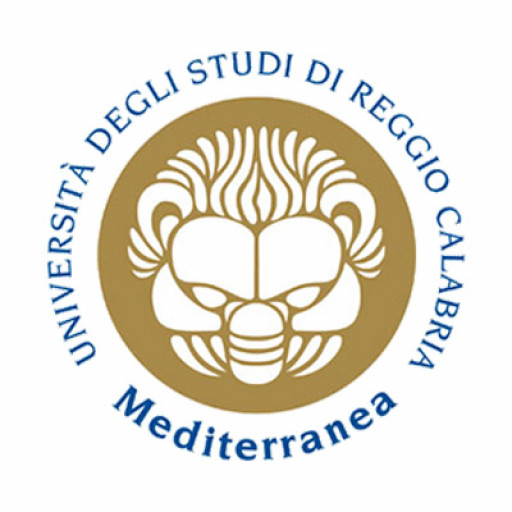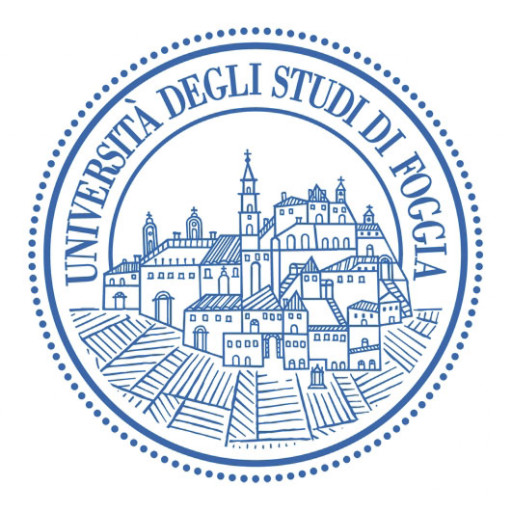Photos of university / #tudelft
The Bachelor’s degree in Molecular Science and Technology at Delft University of Technology offers a comprehensive introduction to the fundamental principles and advanced techniques related to molecular processes and their applications in various technological fields. This programme focuses on understanding the structure, behavior, and manipulation of molecules, enabling students to develop innovative solutions in sectors such as pharmaceuticals, materials science, biotechnology, and chemical engineering. Throughout the curriculum, students engage with core subjects including physical and organic chemistry, biochemistry, molecular physics, and computational modeling. They also acquire practical skills through laboratory work, project-based assignments, and teamwork, fostering a hands-on approach to scientific discovery and technological development.
The programme emphasizes a multidisciplinary approach, integrating chemistry, physics, biology, and engineering to provide a holistic understanding of molecular phenomena. Students learn to apply state-of-the-art analytical and synthesis techniques to investigate molecules and design new materials or processes. The curriculum includes courses on molecular spectroscopy, microscopy, chemical analysis, and molecular simulation, preparing graduates for careers in research, development, or industry. In addition, the programme promotes innovation and entrepreneurship, encouraging students to translate scientific insights into real-world applications through project work and collaborations with industry partners.
Students also benefit from Delft University's strong ties to industry and research institutions, providing opportunities for internships, student projects, and exchange programmes. This experience equips graduates with the skills and knowledge needed to address complex scientific challenges and contribute to technological advancements. The programme aims to develop critical thinking, problem-solving abilities, and a lifelong learning mindset, preparing students to excel in both academic research and industry roles. Upon graduation, students are well-equipped to pursue further education in graduate or PhD programmes or to begin a professional career in sectors such as pharmaceuticals, chemical manufacturing, materials development, and biotech enterprises.
The Bachelor’s programme in Molecular Science and Technology at Delft University of Technology offers a comprehensive and in-depth education in the field of molecular sciences, emphasizing the understanding, design, and application of molecular systems. The curriculum is designed to equip students with a strong foundation in chemistry, physics, mathematics, and biology, combined with practical laboratory skills and innovative technology expertise. Throughout the programme, students explore the structure, properties, and reactions of molecules, learning how to manipulate and engineer molecular systems for various applications in industry, healthcare, and environmental sciences.
The first year provides a broad introduction to the fundamental principles of science, focusing on basic chemistry, physics, and mathematics, alongside introductory courses in biology and computational techniques. This foundational knowledge prepares students to engage with more specialized topics in subsequent years. In the second year, the programme delves into core subjects such as organic and inorganic chemistry, thermodynamics, quantum mechanics, and material science, while also developing skills in data analysis, modeling, and laboratory experimentation.
From the third year onward, students are encouraged to specialize based on their interests and career aspirations through elective courses and research projects. Key areas of study include advanced molecular spectroscopy, nanotechnology, catalysis, and biomolecular engineering. The programme emphasizes hands-on experience through laboratory work, group projects, and practical exercises, fostering teamwork, problem-solving, and innovative thinking. Additionally, students undertake a significant research project or internship, often in collaboration with industry partners or research institutes, to apply their knowledge to real-world challenges.
A distinctive feature of the Molecular Science and Technology programme is its focus on sustainable and responsible innovation. Students learn to develop environmentally friendly processes, materials, and solutions, aligning with global sustainability goals. The programme also promotes interdisciplinary collaboration, encouraging students to work across different scientific disciplines and consider societal impacts in their projects.
Graduates of this programme are well-prepared for careers in research and development, pharmaceuticals, materials science, nanotechnology, and environmental technology. They possess a versatile skill set that allows them to work in academia, industry, or entrepreneurship, contributing to technological advancements and scientific discoveries that improve quality of life. The programme aims to cultivate highly skilled, innovative professionals capable of addressing complex scientific challenges in a rapidly evolving world.
Other requirements
- minimum kennis (ISPAC: overige vereisten) Verplichte basiskennis: * Nederlandse taal Dutch A * Physics
The Master’s programme in Molecular Science and Technology at Delft University of Technology offers a variety of financing options to support students throughout their studies. Funding opportunities include government-funded scholarships, university-specific grants, and external financial aids. Dutch and EU students may apply for the Holland Scholarship, which provides financial support to international students from outside the European Economic Area. Additionally, the Orange Tulip Scholarship Programme offers specific scholarships to talented students from certain partner countries. Students are encouraged to explore scholarships provided by the Dutch Ministry of Education, Culture and Science, as well as European Union funding programs such as Erasmus+.
Delft University of Technology also offers a range of bursaries and grants for talented students with financial need, which are awarded based on academic excellence and motivation. For students from the Netherlands, student loans and grants through the Dutch government are available, administered by DUO (Dienst Uitvoering Onderwijs). International students may seek funding through external organizations, foundations, or their home country's government scholarship programs.
The university provides detailed guidance and support to help students identify and apply for suitable funding sources. Many students also work part-time during their studies to support themselves financially, within the regulations set by Dutch immigration authorities. It is recommended that prospective students start researching financing options early, as application procedures and deadlines can vary. Overall, while the programme itself does not include a dedicated funding scheme, the combination of national, European, and university-sponsored scholarships, grants, and loans significantly facilitates financial planning for students pursuing Molecular Science and Technology at Delft University of Technology.
Molecular Science and Technology at Delft University of Technology offers a comprehensive education focused on understanding and manipulating molecules at the atomic and molecular levels. This program combines principles from chemistry, physics, and engineering to prepare students for careers in research, development, and innovation within the chemical and pharmaceutical industries, as well as materials science and nanotechnology sectors. The curriculum emphasizes experimental and theoretical knowledge, providing students with the skills necessary to design, analyze, and optimize molecular systems and processes.
Throughout the program, students engage in a variety of coursework covering areas such as molecular characterization, synthesis, reaction mechanisms, and computational modeling. Practical laboratory sessions are integral, ensuring hands-on experience with advanced analytical techniques and laboratory instruments. The program also encourages interdisciplinary collaboration, allowing students to work on projects that integrate concepts from various scientific fields. This innovative approach aims to foster critical thinking, problem-solving skills, and scientific creativity.
The program is structured over a three-year period for a Bachelor's degree, followed by a possible continuation into a Master's program, which offers specialization options in areas like nanoscale science, advanced chemical engineering, or materials innovation. The university emphasizes the importance of sustainable and responsible scientific practices, preparing students to contribute positively to society and the environment.
Graduates of the Molecular Science and Technology program are well-equipped to enter diverse roles within research institutes, laboratories, or industry, or to continue with further academic pursuits such as PhDs. The program benefits from Delft University's strong connections with industry partners and research institutions, providing students with opportunities for internships, collaborative projects, and international exchanges. This comprehensive educational experience aims to produce highly qualified professionals capable of advancing molecular science and developing innovative technologies to address global challenges.










